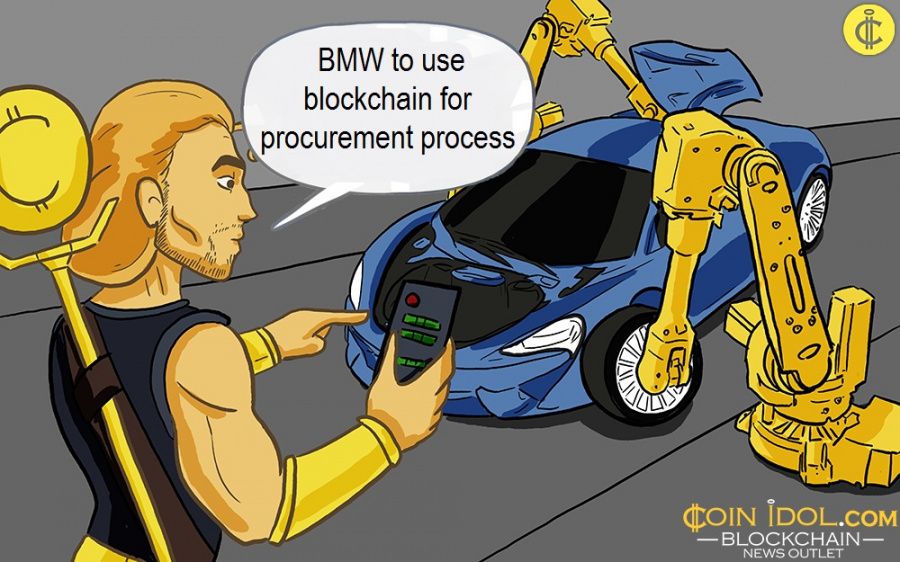BMW Uses Blockchain to Enhance Transparency of Raw Material Supply Chain

BMW Group, a popular luxury carmaker, will involve blockchain in its purchasing processes to guarantee the effective traceability of raw materials - from mines to smelters - and other important items. The new platform is expected to be launched at the end of 2020.
The initiative is called PartChain. Its aim is to guarantee smooth, fast and transparent traceability of products. The platform also ensures inviolable data sharing which can be easily verifiable and transacted within potential applications across the whole automotive value chain.
The pilot of this project has been tested back in 2019. The company used the platform to purchase and track front lights for their cars. After its full-fledged deployment, PartChain will cover procurement with around 10 suppliers of various parts. Besides blockchain, the platform applies Cloud services including Amazon Web Services and Microsoft Azure to facilitate traceability of all purchased goods.
Automotive giants turn to blockchain
The automotive industry is highly complex, involving numerous players from various spheres. Thus, it is obvious that blockchain, as well as other innovative technologies, could not only facilitate supply chain traceability, but also enhance other branches of the car sector.
It seems BMW knows it very well. Back in 2018, the giant has partnered with other car making companies including Renault, Ford Motor Company, Honda Motor and General Motors to develop and deploy a vehicle ID platform called Mobility Open Blockchain Initiative (MOBI).
As coinidol.com, a world blockchain news outlet has reported, this initiative would allow drivers to electronically pay for parking lots and road fees, which would facilitate mobility making it more secure, greener, transparent, economical and easily accessible.
And such an initiative can really be effective. In fact, it has been considered not only by car making companies but also by governments. At the beginning of March 2020, the Beijing Municipal Taxation Bureau issued the first blockchain-based invoice to pay for a parking lot. From now on, drivers in Beijing will be able to pay for parking without using paper invoices or bills. All happens automatically and electronically thanks to blockchain.
Price
Price
News
Price
Price

(0 comments)